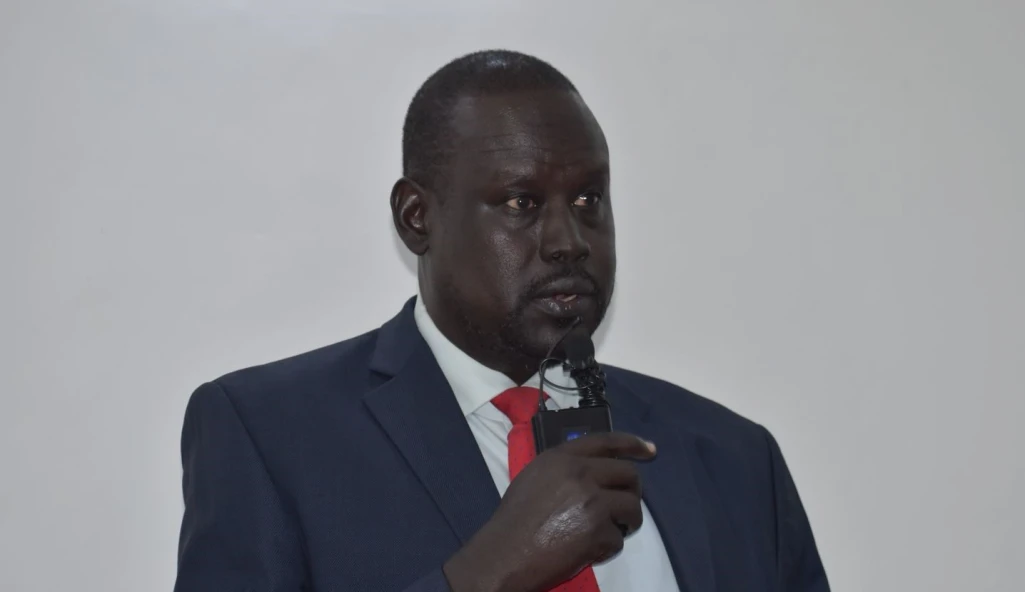
The South Sudan Law Review Commission (SSLRC) is
conducting a three-day study to evaluate the Code of Criminal Procedure Act in
order to enhance its implementation and ensure that it is consistent with the
evolving trends in regional and international standards.
On March 20, 2008, the Act became law, enhancing public
access to justice and facilitating fair and speedy procedures in the criminal
justice system.
It also aims at establishing the rules and procedures
that govern the criminal justice system to foster a just, peaceful, and secure
society in South Sudan.
Changkuoth Beal Diaw, the acting chairperson of the
SSLRC, said there is a need to include new crimes in the Act.
“The first one is to review, study, and examine the
adequacy of the criminal crucial rights with the current situation we are in
now,” Beal said during the opening season of the workshop on Tuesday in Juba.
“We have political dispensations that are happening in
our country, and we are imagining new crimes. There are new crimes that were
not there at the time this Act was enacted. So, the process of these crimes
needs to be embodied in the current criminal crucial rights.”
Beal stated that the workshop will provide space for
sharing knowledge.
“This meeting will provide us not only with essential
knowledge but also with an opportunity to share the experience. We will
incorporate your views and then come up with a recommendation in the form of a
bill. That will not take long,” he explained.
In South Sudan, police investigate criminal cases, but
occasionally a public prosecution attorney or magistrate does so as well, even
though police should be the only ones doing it.
However, the establishment of SSLRC acknowledges that
only an independent professional body capable of multi-disciplinary research
and analysis of the laws or any branch of the law can carry out law review and
reform.
The Code of Criminal Procedure Act establishes the
process for bringing suspects to court, their trial, and, if found guilty,
their punishment.
Article 137 of the Transitional Constitution of South
Sudan, 2011 (as amended) established the Commission as an independent
constitutional body following South Sudan's independence in 2011.
The Commission focuses on modernizing, clarifying, and
simplifying the law to make it relevant, effective, fair, just, and accessible.